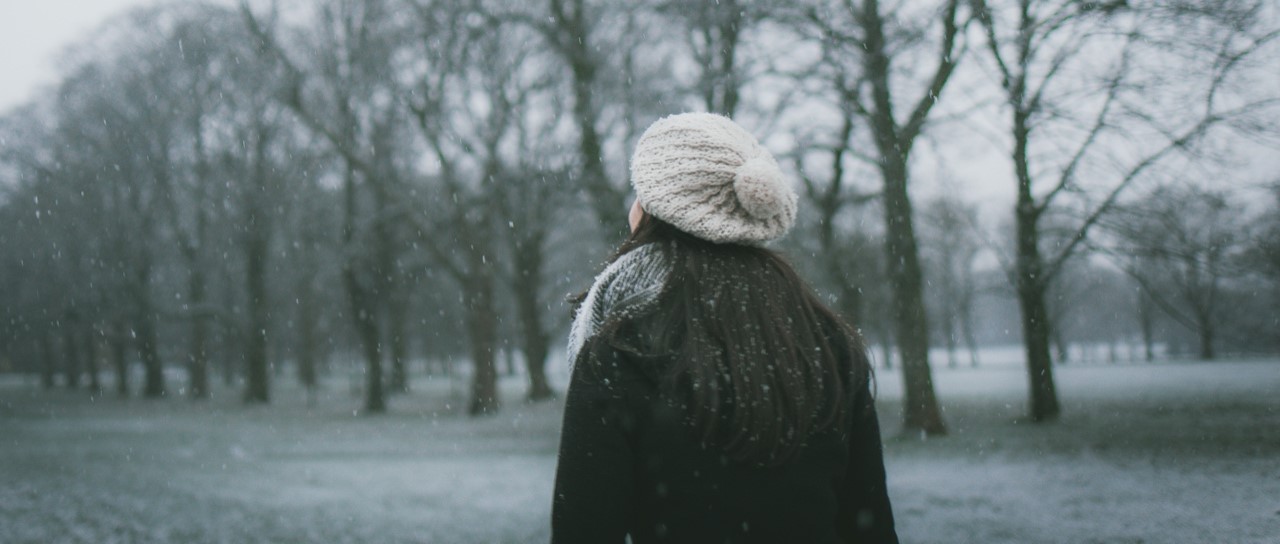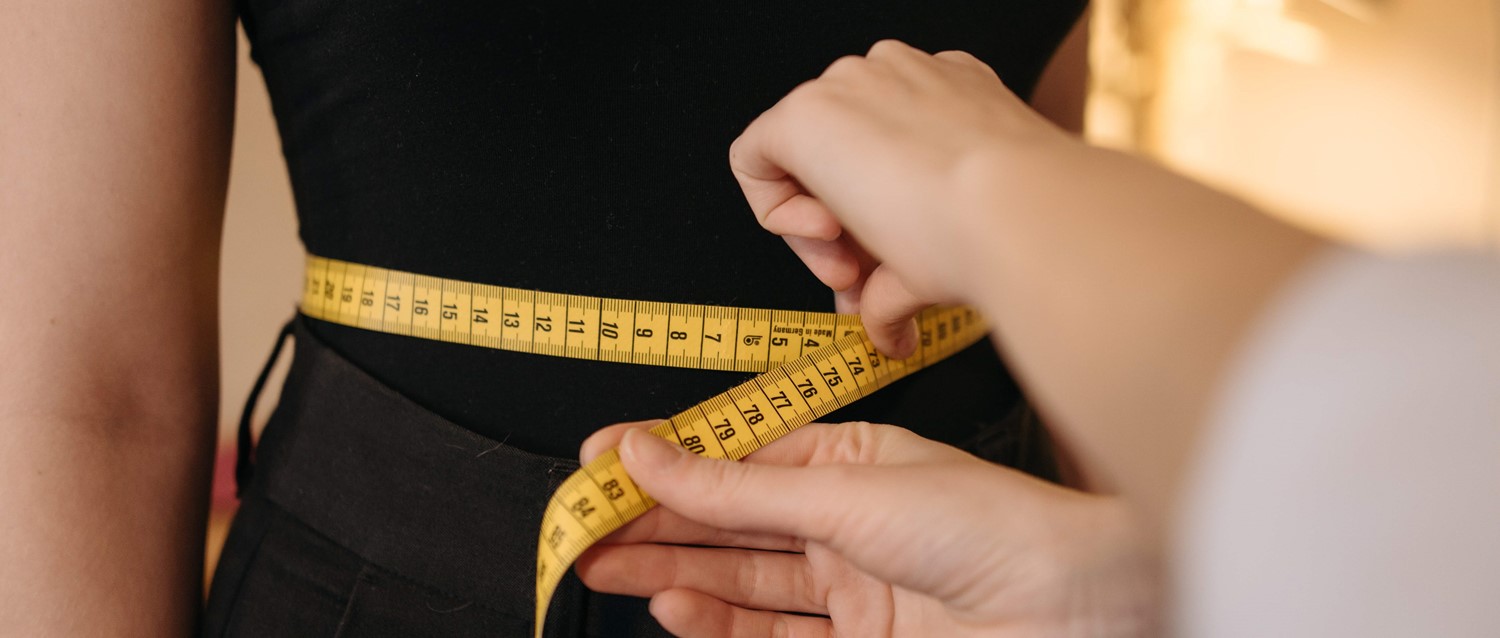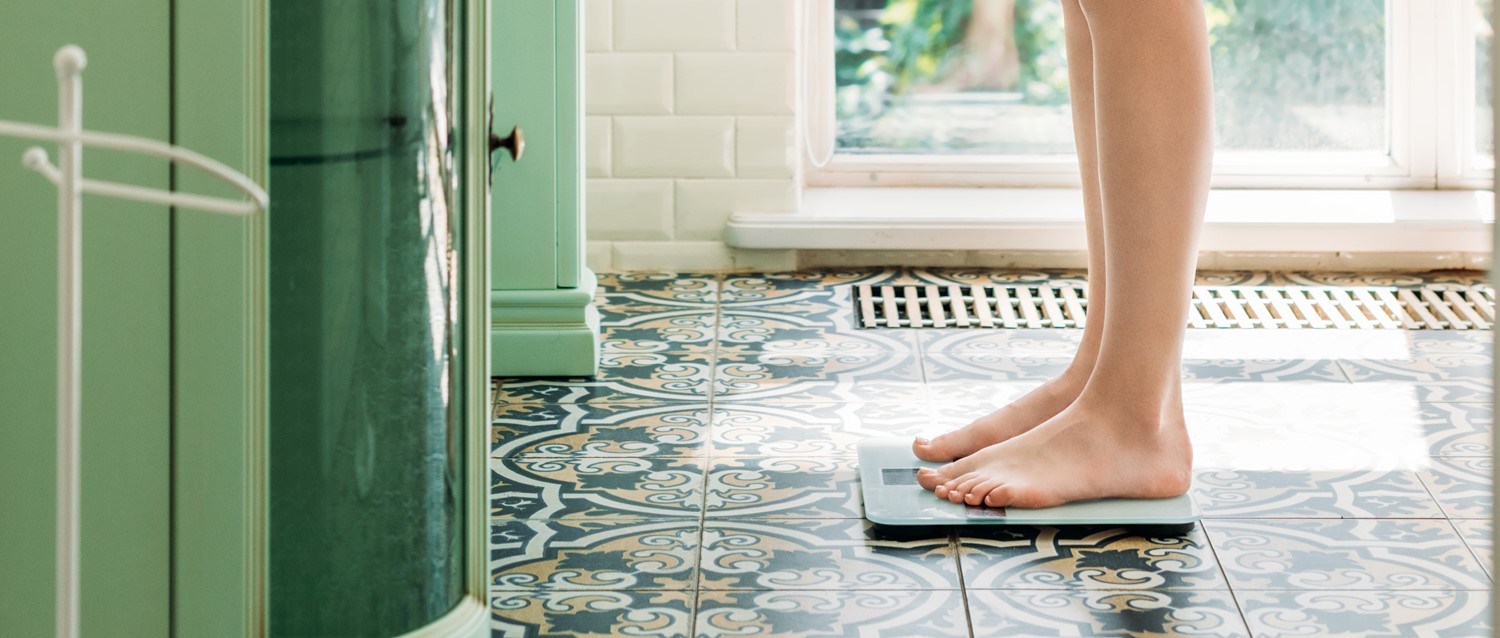
Does cold weather boost weight loss?
Peer reviewed by Dr Sarah Jarvis MBE, FRCGPLast updated by Abi MillarLast updated 23 Dec 2019
Meets Patient’s editorial guidelines
- DownloadDownload
- Share
- Language
- Discussion
While the run-up to Christmas is not usually viewed as the best time for weight loss, it has been speculated that turning down the heating could help people lose weight. So do we burn more calories when it's cold and is 'brown fat' worthy of the hype?
In this article:
Video picks for Obesity and weight loss
If you're looking to lose weight, you're probably familiar with the basics: eat less and move more. A balanced diet, limiting alcohol intake and keeping active are key to weight loss, and this 'calories in vs calories out' formula will help many people shed the pounds reliably.
Brown fat
However, you may also have heard the strange-sounding theory that exposure to the cold can help with weight loss. As the theory goes, cold exposure activates a type of fat in our bodies, known as brown fat. This mysterious substance acts as a thermal engine, generating more heat and burning more calories than any other body tissue.
For many years, scientists thought that brown fat was confined to babies. Newborn babies are very vulnerable to the cold, and their brown fat deposits, which make up about 5% of their body weight, are nature's way of protecting them from hypothermia.
As we get older, we lose most of our brown fat. It's 'white fat' that sits beneath our skin and makes our jeans feel tight. However, in the late 2000s researchers confirmed the presence of brown fat in adults, albeit in small quantities and strange locations - it’s often found in the neck and shoulders, in the chest or down the spine.
"We know that brown fat is present and active in adult humans," says Professor Paul Trayhurn, an obesity expert at the University of Liverpool. "It is less active in those who are obese. Its activity falls with age. It helps to keep newborns warm, and will make a small contribution to heat production in adults."
What does the science say about brown fat?
Back to contentsOne of the most exciting parts about this discovery was the potential link with weight loss. For one thing, people with more brown fat tend to have lower overall body fat, although it isn't necessarily clear what causes what. For another thing, brown fat is known to torch calories, burning energy at many times the rate of white fat.
There are other potential health benefits too. Brown fat could help stabilise blood sugar and interact with gut hormones to help the body know when it's full.
As for where cold temperatures come in, a number of studies have found that spending time in the cold can make our brown fat more active. In one 2012 study, volunteers wore a cold suit that reduced their temperature slightly. They burned an extra 250 calories over a three-hour period, despite the fact they weren't cold enough to shiver.
In 2018, researchers at the University of Nottingham discovered something about the mechanism responsible.
"Our study has shown that even by making fairly modest changes in temperature we can activate our stem cells to form brown fat at a cellular level. The good news from these results is that our cells are not pre-programmed to form bad fat, and our stem cells can respond if we apply the right change in lifestyle," said Dr Virginie Sottile, the study author.
In other words, turning down the thermostat should theoretically bump up your brown fat levels, which should in turn burn more calories.
"Scientists are slowly coming to terms with brown fat," says Tam Fry, chairman of the National Obesity Forum. "It was once thought that naturally only infants had it to keep them warm and alive in prehistoric caves, but it has been found in adults to varying degrees. The latest theory suggests that an increase in the conversion of 'bad' white fat to 'good' brown fat could be genetically engineered and lead to a real reduction in obesity."
Continue reading below
Should you turn down the heating to lose weight?
Back to contentsHowever, this doesn't mean you should sideline your exercise programme in favour of cold showers. There is plenty we don't know about brown fat, and a lot more research is needed. On top of that, it's easy to offset any additional calories burned, as you'll probably feel hungrier.
Professor Trayhurn says he wouldn't recommend cold exposure as a weight-loss strategy. While he considered the possibility himself as early as the 1980s, he describes it as 'fraught with concerns'.
"In principle, activating brown fat through cold temperatures could promote weight loss, providing there isn't a compensatory increase in food intake," he says. "But the amount of extra energy expended is likely to be very small, and it is difficult to see this as a realistic change in behaviour for most obese people."
In years to come, we may see drugs designed to boost brown fat activity, harnessing its benefits without needing to brave the cold. However, Trayhurn isn't sure whether these approaches "are within the realms of the practicable" - and if anything does happen, it probably won't happen for a while.
It's also important to mention that deliberately making yourself cold isn't a good idea for a lot of people. Especially in older and more vulnerable people, the risk of hypothermia should not be understated. For now, it may be best to stick to tried-and-tested modes of weight loss.
"Since white fat can naturally switch to brown fat through cold exposure, a school of thought believes that turning the central heating down could be a wonderful idea," says Fry. "As well as helping you shift the pounds it would save a tidy sum on heating bills. However, for the time being - and certainly with an icy winter forecast - increasing your exercise and eating fewer calories might produce the same result and a lot more pleasantly."
Patient picks for Obesity and weight loss

Healthy living
What your waist measurement says about your health
We all know that if we consume excess calories and fail to burn them off, our body stores them as fat. Many of us are also aware of our problem areas - perhaps we're prone to gaining weight on our thighs, or around our middle. A little extra weight may not be harmful to our health, so how do we know if we're still in a healthy zone?
by Gillian Harvey

Healthy living
The conditions that cause unexpected weight gain
When it comes to shedding the pounds, there's no substitute for a good diet and a healthy lifestyle. However, if you feel you are doing all the right things and still failing to lose your excess weight, it may be that you are suffering from an underlying health problem. We look at the conditions that might be causing your excess weight.
by Gillian Harvey
Continue reading below
Article history
The information on this page is peer reviewed by qualified clinicians.
23 Dec 2019 | Latest version

Ask, share, connect.
Browse discussions, ask questions, and share experiences across hundreds of health topics.

Feeling unwell?
Assess your symptoms online for free
Sign up to the Patient newsletter
Your weekly dose of clear, trustworthy health advice - written to help you feel informed, confident and in control.
By subscribing you accept our Privacy Policy. You can unsubscribe at any time. We never sell your data.